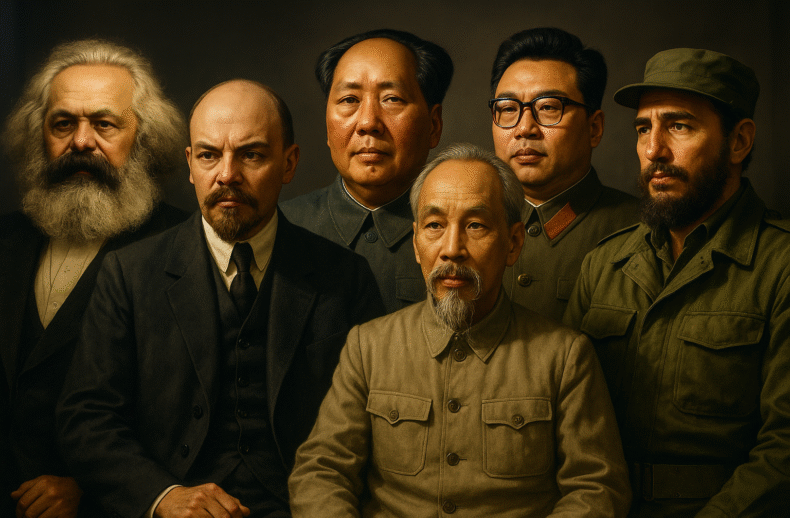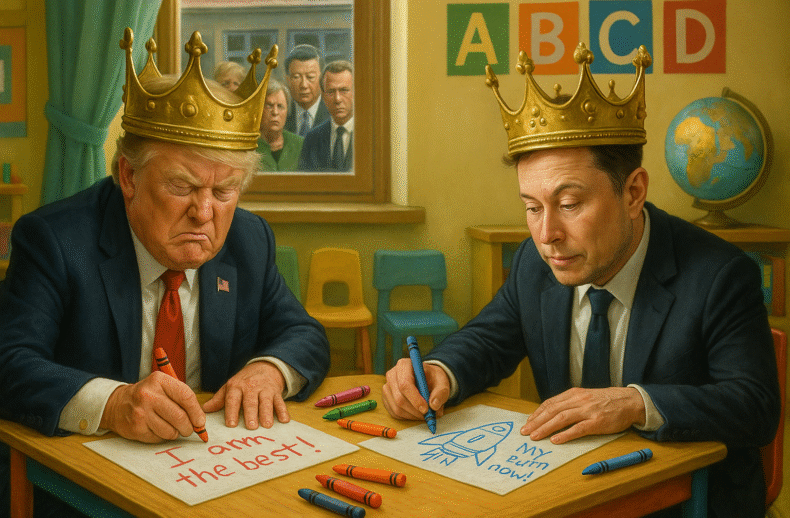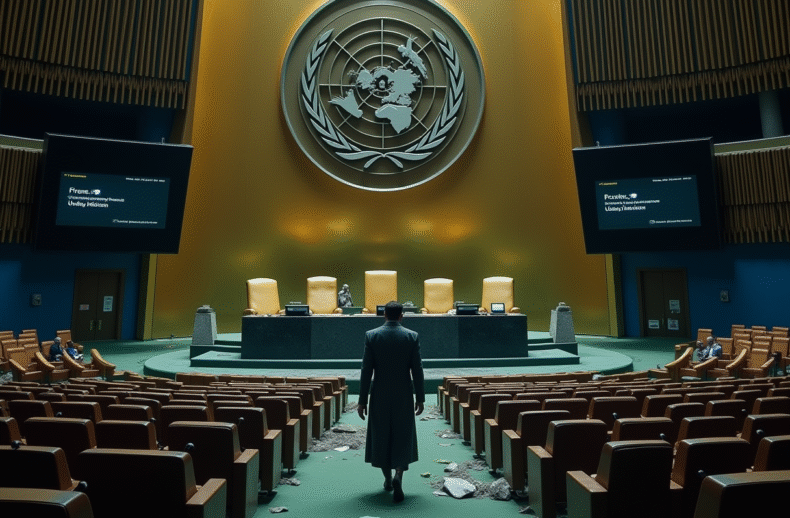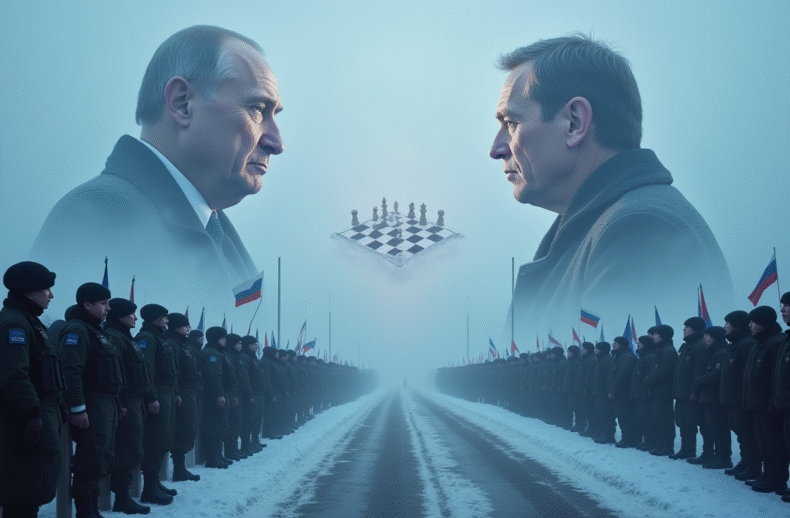Artificial Intelligence is not just reshaping jobs — it is shaking the foundations of human dignity. As machines take over both manual and cognitive labor, societies face a hidden crisis: the collapse of recognition. For centuries, work has provided not only income but also identity, self-esteem, and social value. When that link breaks, people turn to social media for validation, only to spiral into isolation and polarization.
Automation, driven by the endless Demand for Recognition (DfR) within capital, risks destroying its own foundation by erasing wages — and thus consumer demand. Yet lessons exist: rural cultures like those in Vietnam show that dignity can be rooted in community and simplicity rather than endless striving, a mindset shaped by tropical abundance rather than temperate scarcity. To avoid collapse, humanity must build new recognition systems, redistribute AI’s gains, and redefine dignity beyond the wage. The true battlefield of the AI age is not technological, but cultural.













